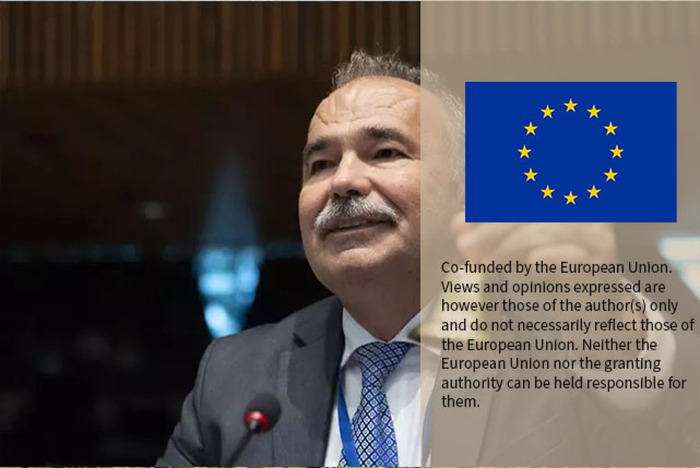(ANSA) - ROME, DEC 17 - Direct and fair income support for
farmers, simplification of the approval process for CAP
strategic plans, and greater flexibility in the use of funds to
assist farmers during extreme weather events are among the
recommendations to the European Commission made by European
agriculture ministers during the Agrifish Council meeting on the
post-2027 Common Agricultural Policy (CAP).
The new CAP should aim to ensure farmers "a stable income" while
providing "incentives to contribute to the green transition,"
the capitals emphasize, stressing the importance of fair
remuneration for farmers.
The conclusions also highlight the need to simplify procedures,
continuing the work initiated by the previous European
Commission in response to farmers' protests. Specifically,
ministers call for a "simplified and expedited procedure" for
approving and modifying national CAP strategic plans, as well as
"reducing reporting obligations for farmers."
Concerning climate risks, risk management tools and adaptation
measures are deemed "essential," and Brussels is urged to allow
"greater flexibility in the use of CAP instruments" and to
establish "faster and simpler procedures to support farmers in
the event of extreme weather conditions."
The future CAP "needs dedicated and adequate resources to
efficiently meet its multiple objectives," emphasized Hungarian
Minister of Agriculture István Nagy, who chaired the meeting.
"Direct payments should continue to support the stability of
farmers' incomes." The document further underscores "the
commitment to providing concrete solutions and incentives to
assist farmers in the green transition."
#IMCAP
Co-funded by the European Union. Views and opinions expressed
are however those of the author(s) only and do not necessarily
reflect those of the European Union. Neither the European Union
nor the granting authority can be held responsible for them.
(ANSA).
EU States want stable agriculture income support in new CAP
Conclusions of EU Council were approved unanimously
